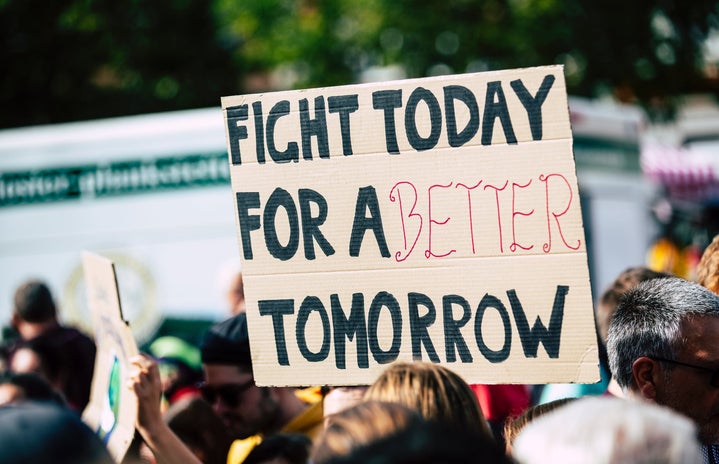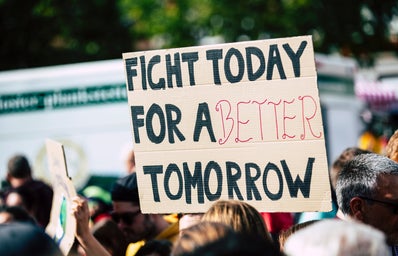Every year when April 24 rolls around, I am reminded of the Armenian community. This community means a lot to me, since my grandpa was Armenian, and his parents were genocide survivors. My ability to reflect on this historic tragedy is based on luck; luck in that my great-grandparents survived.
For those who are not familiar, today is considered Armenian Genocide Remembrance Day. April 24, 1915 marks the beginning of the Armenian genocide, which saw the deportation and execution of Armenian intellectuals and leaders in the community. While the country of Armenia resides in the Caucasus region, Armenians used to live in the Ottoman Empire, which fell in 1923 following World War I. Some of my mom’s family is traced back to Aintab or present day Gaziantep, Turkey just north of Aleppo, Syria.
So why mention this historic tragedy?
Frankly speaking, if no one spoke about the Armenian genocide, any sense of moral accountability for unjust crimes like a genocide or holocaust would never happen. In the case of the Armenian genocide, the current government that came about after the dissolve of the Ottoman Empire still denies and actively teaches that this event did not happen. It is estimated that 1.5 million people died as a result of the Armenian genocide. The Armenian people still feel the ripple of this event over a 100 years later.
Recent Genocide
While these events may seem historic, the very existence of Armenian people on their ancestral land is still at risk to this very day. In 2023, Armenians experienced a mass-exodus from their ancestral land, Artsakh, a region in what is now considered to be Azerbaijani land. The Armenian people of Artsakh experienced a forced starvation for nine months– where resources were blockaded from the region. 100,000 Armenians were forced to flee their ancestral land yet again. Beyond Artsakh, Armenians have been tirelessly fighting against land seizure in the Armenian Quarter located in Jerusalem. Palestinians opened their arms to Armenians living there for centuries now, especially as Armenians were fleeing the genocide in 1915.
The Armenian Community Today
“Existence is resistance” is a quote that summarizes what the Armenian community means to me and many others. Our very existence and communities are so vital to keeping our heritage alive. Being at such a large school like Michigan State University definitely has its advantages; I have been able to join an Armenian club here! It is nice to be able to simply exist and feel seen; many people do not even know who Armenians are. Taking part in the community has been so meaningful to me.
As April 24 rolls around, I can’t help but feel lucky. Lucky for my very existence today and the resilience that the Armenian community has. I am so incredibly grateful to be a part of such a close-knit and resilient community.


